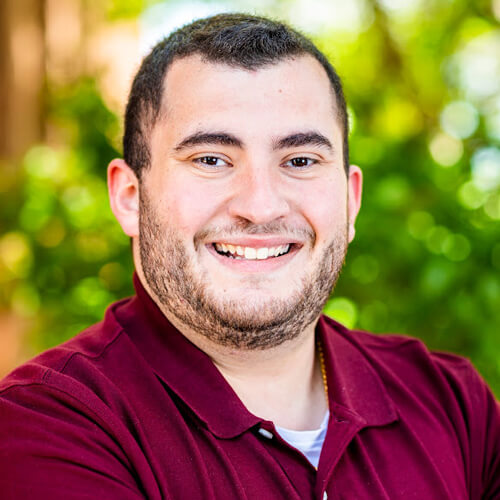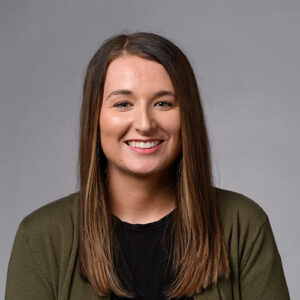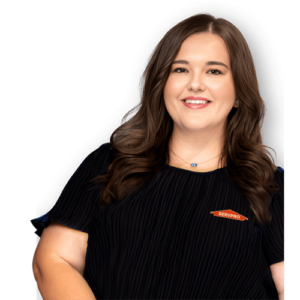
Master of Fine Arts in Creative Writing
Department of English
College of Letters, Arts & Social Sciences
Master of Fine Arts in Creative Writing
Department of English
College of Letters, Arts & Social Sciences
On-Campus
Program
48 Credit Hours
to Graduate
Full-Time, In-State Tutition
$572-$780 Per Credit Hour
Free Books
for All Students
One of the Most Affordable and Progressive Low-Residency Programs in the Nation
A studio-academic, terminal degree program, the Bluegrass Writers Studio™ low-residency MFA in Creative Writing equips students with the training necessary to become regularly publishing writers, educators, business professionals and more. Workshops, contemporary literature courses, and residencies focus on advanced craft, contemporary literature, publishing, the literary marketplace, and professional development. The program is regularly ranked among the top low-residency MFA programs in the country, and it has twice been named Best Low-Res MFA Program by Intelligent.com (2022, 2023). With live workshops, in-person and online open mics, a student-run literary journal, and opportunities for 100% remote publishing internships, Bluegrass Writers Studio™ has created a writer’s community without the commute.
Along with earning a degree of expertise in writing short and book-length poetry and/or prose, graduates will have a working understanding of the literary marketplace. The goal of the Bluegrass Writers Studio™ is to prepare students to become better writers, but an MFA in Creative Writing can open doors to a variety of careers including education, law, and roles in the medical and business sectors.
Learn More
Career Outlook
Writers must establish their credibility with editors and readers through clean prose, strong research, and the use of sources and citations. Writers and authors select the material they want to use and then convey the information to readers. With help from editors, they may revise or rewrite sections, searching for the clearest language and phrasing.
Employment of writers and authors is projected to grow 4 percent from 2022 to 2032.
– U.S. Bureau of Labor Statistics
Why EKU?
Publishing Internships
Students may apply for one-semester internships in fall and spring and will earn 3 credit hours as part of the new ENW 810 Publishing Internship course.
Curriculum & Enrollment
MFA graduates are qualified for careers in college and university-level teaching, contract and freelance writing, digital content creation, editing, and publishing.
Courses include studies in modern composition, writing across the curriculum, intro to linguistic theory, critical studies of premodern texts, English as a second language, advanced grammar, topics in reading & teaching, writing & teaching writing.
Enrolling & Advising Information
EKU’s College of Letters, Arts, and Social Sciences is committed to delivering high-quality enrollment and academic advising for our students. We strive to create an atmosphere of mutual trust and meaningful engagement to help students reach their academic goals and have a rewarding educational experience.
Interested in enrolling? Reach out to our enrollment advisor today.

Additional Contact Info
Admissions: 859-622-2106
Academic Testing: 859-622-1281
Big E Central (Financial Aid & Student Account Services): 859-622-2361
Military & Veterans Affairs Office: 859-622-2345
Student Stories & Features
Quick Links
Upcoming Events
News & Updates
EKU Alum Sparks Viral Fame with Nostalgia-Fueled Content
Homespun Tales
El Centro Celebrates National Hispanic Heritage Month
Related Programs

Master of Arts in English & Writing Professions
Common Job Titles: freelance writer, journalist, copywriter
Modalities: on-campus
Credit Hours: 30

M.S. in Instructional Design & Learning Technology
Common Job Titles: technical writer, curriculum designer, instructional coordinator
Modalities: online
Credit Hours: 30
Contact Information
Department of English
521 Lancaster Avenue
106 Beckham Hall
Richmond, KY 40475
859-622-5861
Fax: 859-622-3156
kathy.mounts@eku.edu




